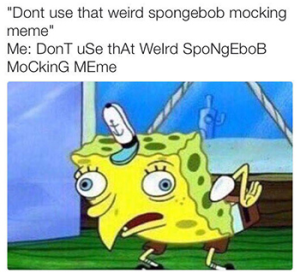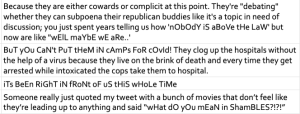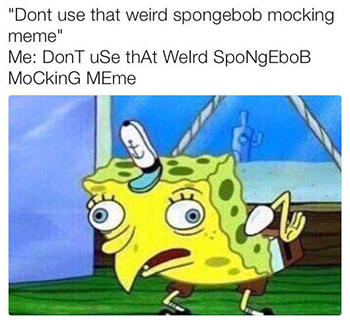When I first joined the WordCruncher team, I was surprised to discover that many people were unaware that the software was still actively being developed. As part of my role, I set out to increase WordCruncher’s visibility both within the college and beyond; over the past four years, I’m proud to say that we’ve made significant strides in achieving that goal.
Unfortunately, we at “WordCruncher Headquarters” don’t always hear how people are using the software, but I love it when people share with us the projects that they’re working on, whether for academic purposes or personal enrichment. As such, I wanted to take this opportunity to highlight four projects that demonstrate the software’s versatility and potential for enhancing the study of language and literature.
Two of the projects I’d like to showcase come from individuals around the world, and the other two were created by our students here at BYU. Each one showcases a unique use case for WordCruncher, and I believe they offer compelling evidence of the software’s value as a tool for learning and discovery.
Women’s Identify on Social Media in Saudi Arabia
One student at the University of Birmingham has been studying how women have constructed their identities through discurse on Twitter due to the Saudi Vision 2030 to be more inclusive. This vision aims to reform Saudi society. One part of this vision is to extend rights to women. This student recently collected tweets from Saudi women and added her tweets into WordCruncher for a word analysis of personal pronouns “I” and “we.” By using the Neighborhood Report, she can identify the common themes used by Saudi women.
One of her preliminary results indicates that Saudi women have a hybrid identity that positions themselves as strong and active, while others position themselves as victims of these reforms.
Lexical Diversity of Essays by Indian Students
A research scholar at Christ University, Bangalore, has been looking at the lexical diversity of essays written by underprivileged students in India. WordCruncher can calculate several measures of lexical diversity within the Phrase Compare report, including moving average type-to-token ratio (MATTR), which can be used to compare the lexical diversity of texts of varying lengths. This scholar in Bangalore has gotten our help to calculate and visualize the MATTR for each essay.
The Language of Sarcasm
Sarcasm has always been a difficult thing to portray in writing, but a master’s student at BYU picked up on a growing usage of alternating caps to indicate sarcasm through text. Perhaps you’ve seen a SpongeBob meme that uses alternating caps to write sarcastic text:

Lauryn Wilde, one of our WordCruncher student employees, helped with this project by creating an algorithm to detect alternating caps. From the corpus of tweets collected in January 2022, here are a few examples of tweets found by the algorithm:

WordCruncher’s frequency distribution by year helps us to quantify this social media phenomenon, showing that alternating caps is a trend that has grown since the origin of the meme in 2017.
A Decade of Grammatical Errors in Songs
Another BYU student is looking at the top 100 U.S. songs for commonly made grammar mistakes. She created a small corpus of the top 100 song lyrics from 2003 and 2023, and she’s found mistakes through WordCruncher’s search engine, which can look for words, parts of speech, and grammatical tags within a single search. Such a search might look for a first person pronoun next to a third person verb, and the results would include song lyrics like “You know I keeps it hip-hop” and “I says, the comedy is that it’s serious.”
Preliminary results indicate that lyrics are actually more grammatically correct in 2023 than in 2003, but I’ll be happy to update this post later when she finishes her study.
Concluding Thoughts
The vision of WordCruncher is to invite people to ask questions and discover new insights within texts. These four projects are just drops in the bucket compared to what has been done with WordCruncher. If you’re ever interested in collaborating on a project with our team in the Office of Digital Humanities, please reach out to us at wordcruncher@byu.edu.
